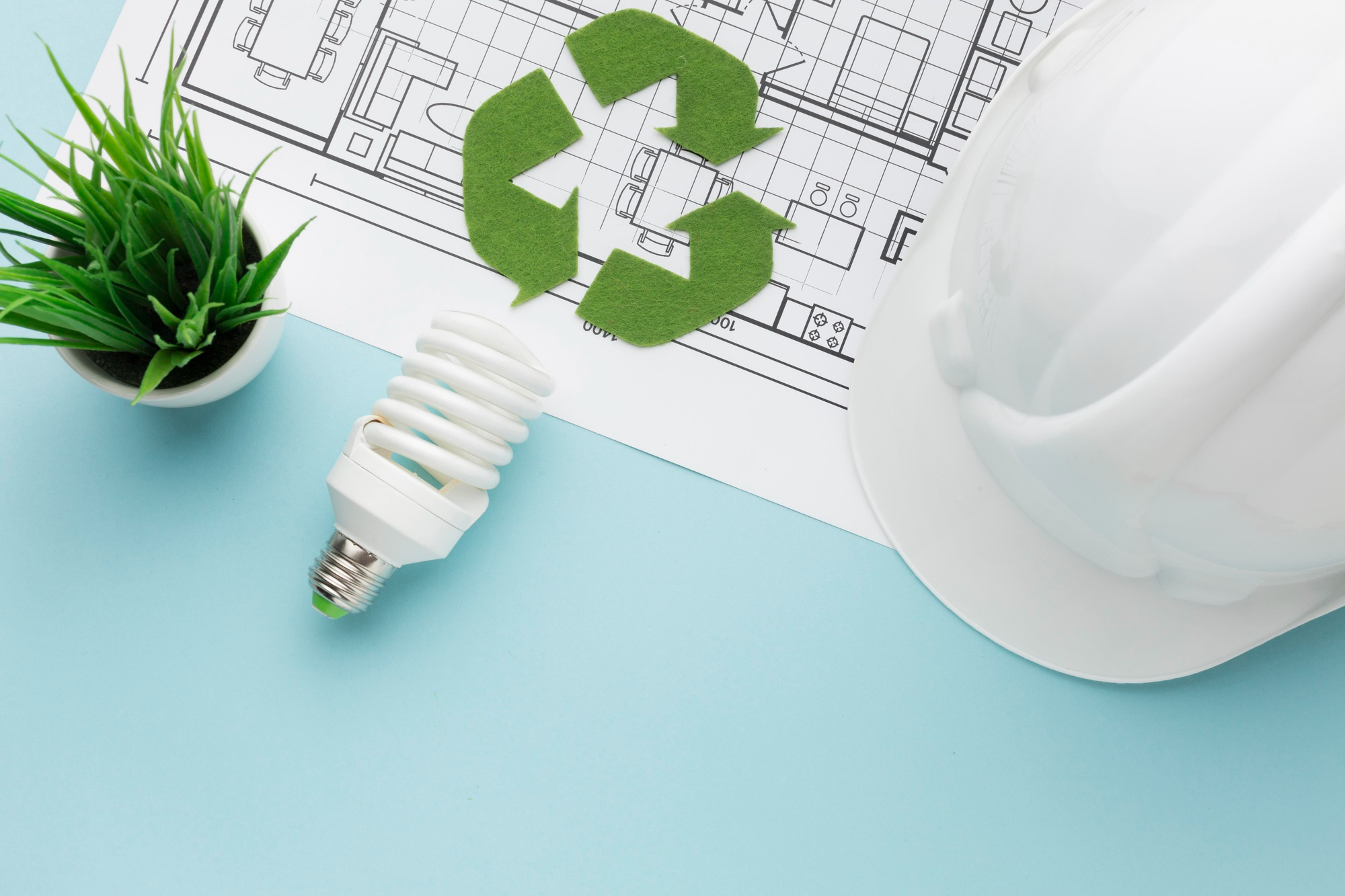Delve into the most impactful construction procurement trends of 2025, showcasing how these innovations are reshaping the industry and paving the way for a more efficient, transparent, and sustainable future.

March 30, 2025
The construction industry is at a pivotal moment, driven by technological advancements and the need to resolve persistent inefficiencies. According to a 2024 report from Constrafor, inefficient procurement can lead to significant project delays, higher labour and overhead costs, and penalties, which collectively erode profits and extend timelines. As these challenges grow more pressing, 2025 presents an opportunity for the industry to embrace innovative solutions that streamline processes and boost efficiency.
From cloud-based platforms simplifying supplier collaboration to AI-driven insights optimizing material management, construction procurement is undergoing a seismic shift. As sustainability takes centre stage and digital tools become the norm, contractors and suppliers are rethinking traditional practices to embrace smarter, greener, and faster solutions.
In this article, we delve into the most impactful construction procurement trends of 2025, showcasing how these innovations are reshaping the industry and paving the way for a more efficient, transparent, and sustainable future.

Cloud-based platforms are rapidly becoming a key trend in construction procurement. Platforms like BuildMate centralizes procurement processes, making communication more efficient and providing easy access to a vast network of suppliers. Contractors can quickly place orders and compare prices from multiple suppliers, accelerating the procurement process and improving overall efficiency.

Artificial intelligence (AI) and advanced data management systems are transforming procurement in construction. These technologies offer valuable insights into material usage, supplier performance, and project timelines, allowing contractors to make well-informed decisions. AI helps optimize inventory management, reduce errors, and ensure that materials are available when needed, making procurement smarter and more reliable.
For instance, Caterpillar integrates AI and Internet of Things (IoT) technologies through the Cat Product Link system in their machinery. This system collects data from equipment and uses AI to predict maintenance needs, reducing downtime and improving equipment longevity.

Automation is set to play a pivotal role in procurement in 2025. Automating tasks like order placement, invoicing, and payment processing saves time and reduces human error. This trend is particularly crucial in the construction industry, where meeting project deadlines depends on timely procurement. Automated workflows improve efficiency and minimize the risk of delays.
BuildMate automates the creation and management of purchase orders, reducing manual data entry and ensuring accuracy. This automation accelerates the procurement cycle and minimizes errors associated with manual processing.
Alongside automation, integrated procurement solutions are gaining traction. Integrated procurement solutions that link the procurement process with the entire construction workflow will become standard practice. These solutions will allow for real-time tracking, monitoring, and coordination of all procurement activities, ensuring smoother project execution and better adherence to budgets.

The demand for eco-friendly construction projects is driving the adoption of sustainable materials. In 2025, materials such as recycled steel, sustainable timber, and low-carbon concrete will see a significant rise in procurement. Contractors will prioritize suppliers who provide environmentally responsible products, influencing procurement decisions.

Green building certifications, such as LEED (Leadership in Energy and Environmental Design), BREEAM (Building Research Establishment Environmental Assessment Method), and WELL Building Standard, are becoming integral to construction procurement strategies. These certifications set benchmarks for sustainable building practices, promoting energy efficiency, resource conservation, and occupant well-being.
In 2025, contractors will prioritize suppliers and materials that meet the stringent criteria of these certifications. For example, BREEAM-certified projects may focus on minimizing waste and using life-cycle assessment tools to evaluate the environmental impact of materials.

The construction industry is focusing on reducing carbon emissions by adopting energy-efficient construction equipment. This includes fuel-efficient machinery, electric vehicles, and alternative energy sources. As a result, procurement strategies will evolve to favour equipment that supports sustainability goals.
For example, the use of alternative energy sources, such as solar-powered construction lights and battery-powered hand tools. Solar-powered lighting towers, like those from companies such as SOLAR Light, help reduce the reliance on diesel generators, cutting both fuel costs and carbon footprints on job sites.

In 2025, supply chain transparency will be a crucial aspect of construction procurement. With the growing demand for accountability and sustainability, construction companies are increasingly seeking clear visibility into every step of the supply chain, from sourcing raw materials to delivery at the construction site.
Platforms like BuildMate provide real-time insights into material sourcing, delivery timelines, and supplier reliability, enabling contractors to make more informed decisions. For instance, a contractor can view data on a supplier's carbon footprint, product certifications, and delivery history, ensuring that the materials selected meet sustainability standards and arrive on time.
As we move into 2025, construction procurement is undergoing a profound transformation, driven by technological advancements and a greater emphasis on sustainability. Cloud-based platforms, AI-powered analytics, and automation are fundamentally reshaping how procurement processes are managed, making them faster, smarter, and more efficient. These innovations not only streamline operations but also improve decision-making, reduce errors, and optimize supply chain management.
The future of construction procurement is digital—an ecosystem where technology, transparency, and collaboration converge to create more sustainable, cost-effective, and timely construction projects. Embracing these trends will be critical for construction firms seeking to stay competitive and responsive to market demands in the coming years.
With platforms like BuildMate, you can stay ahead in the rapidly evolving construction industry. Contact us to learn more about how procurement solutions can optimize your operations, streamline your processes, and support your next construction project.